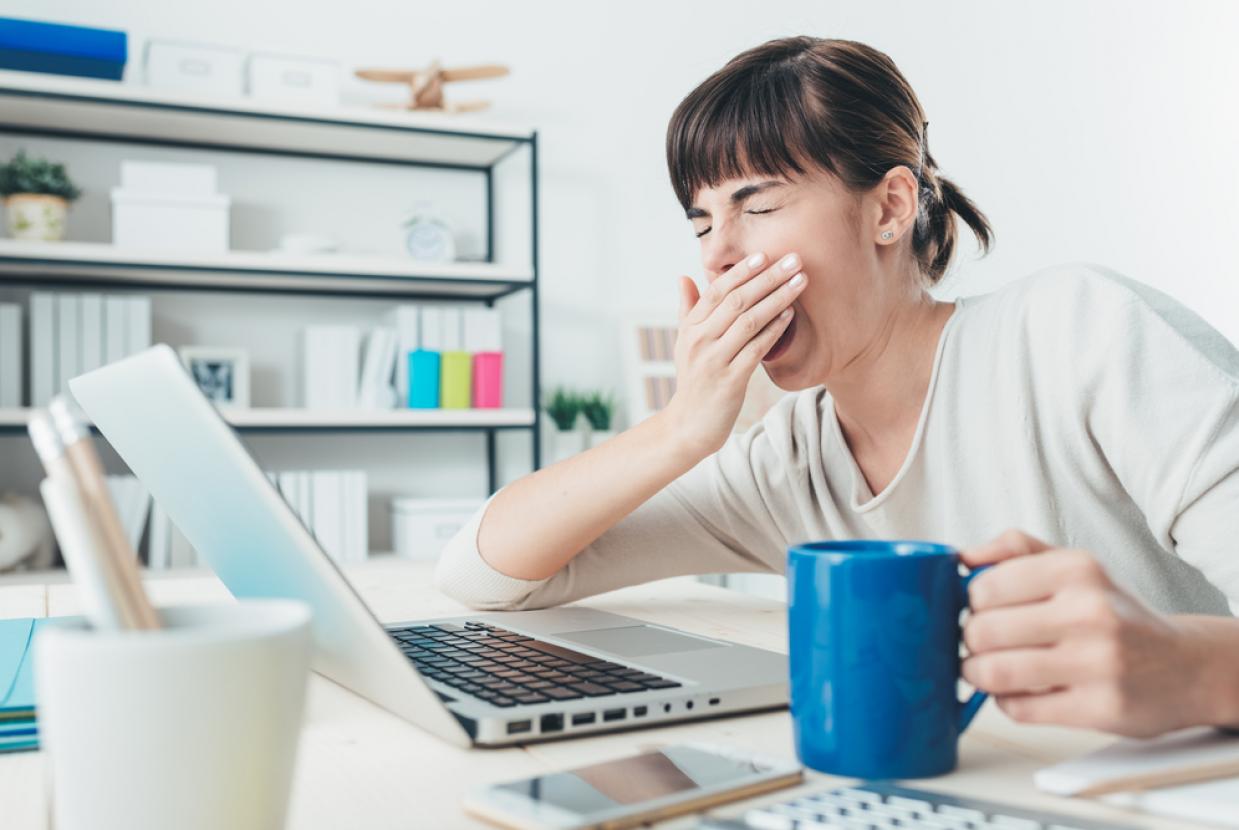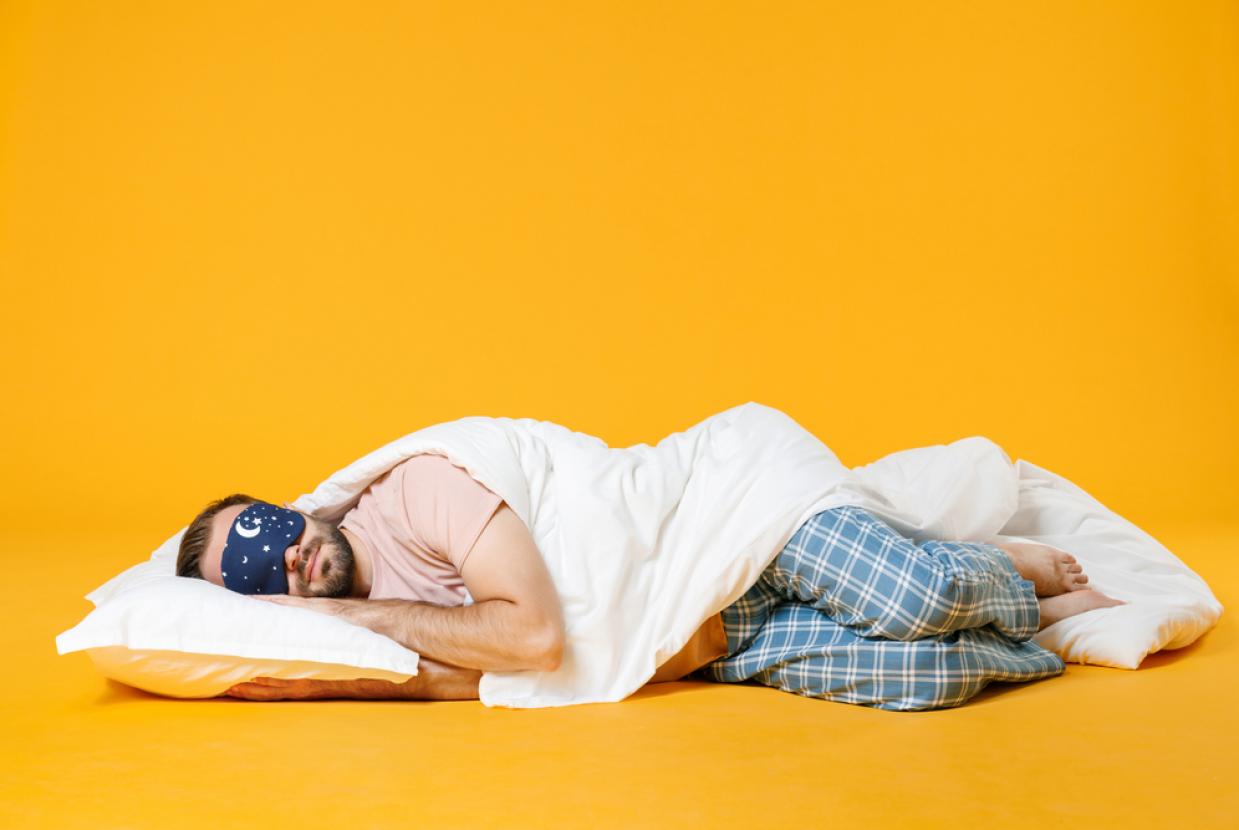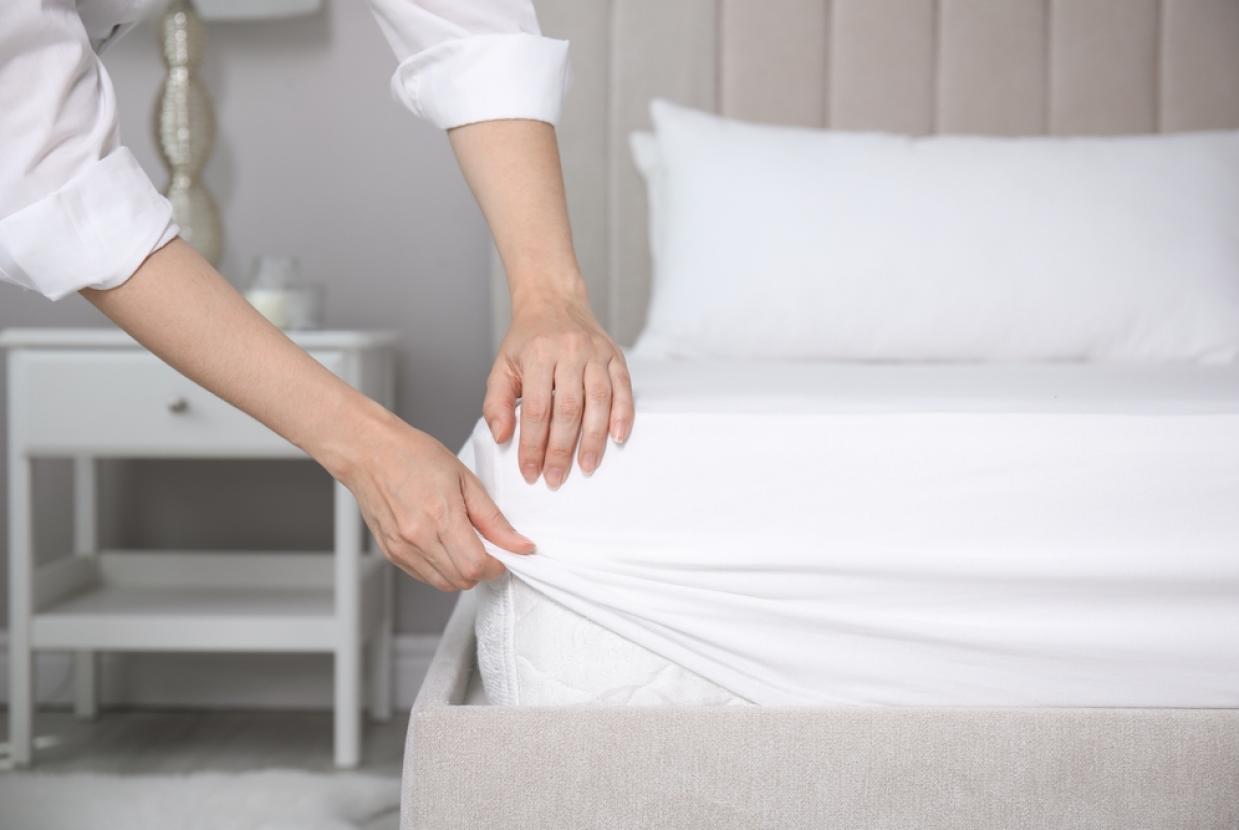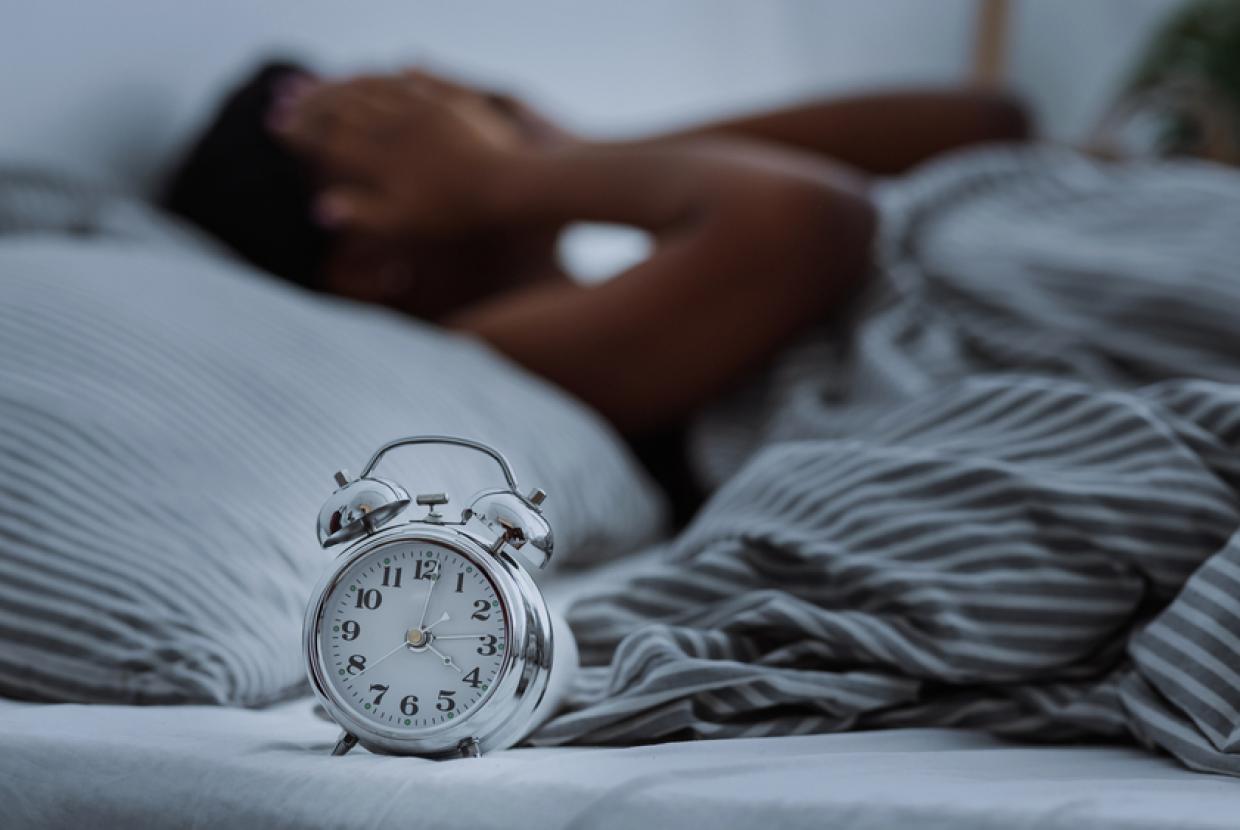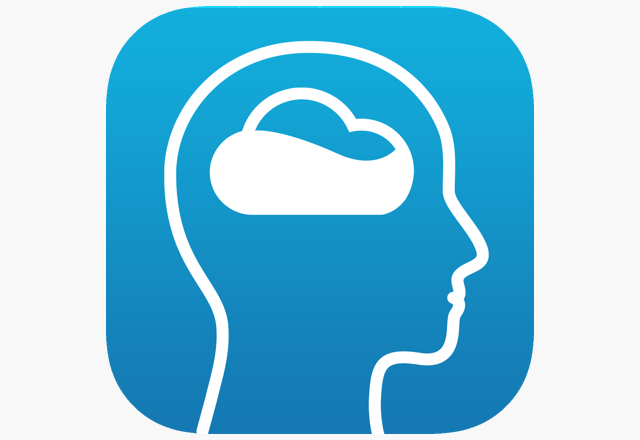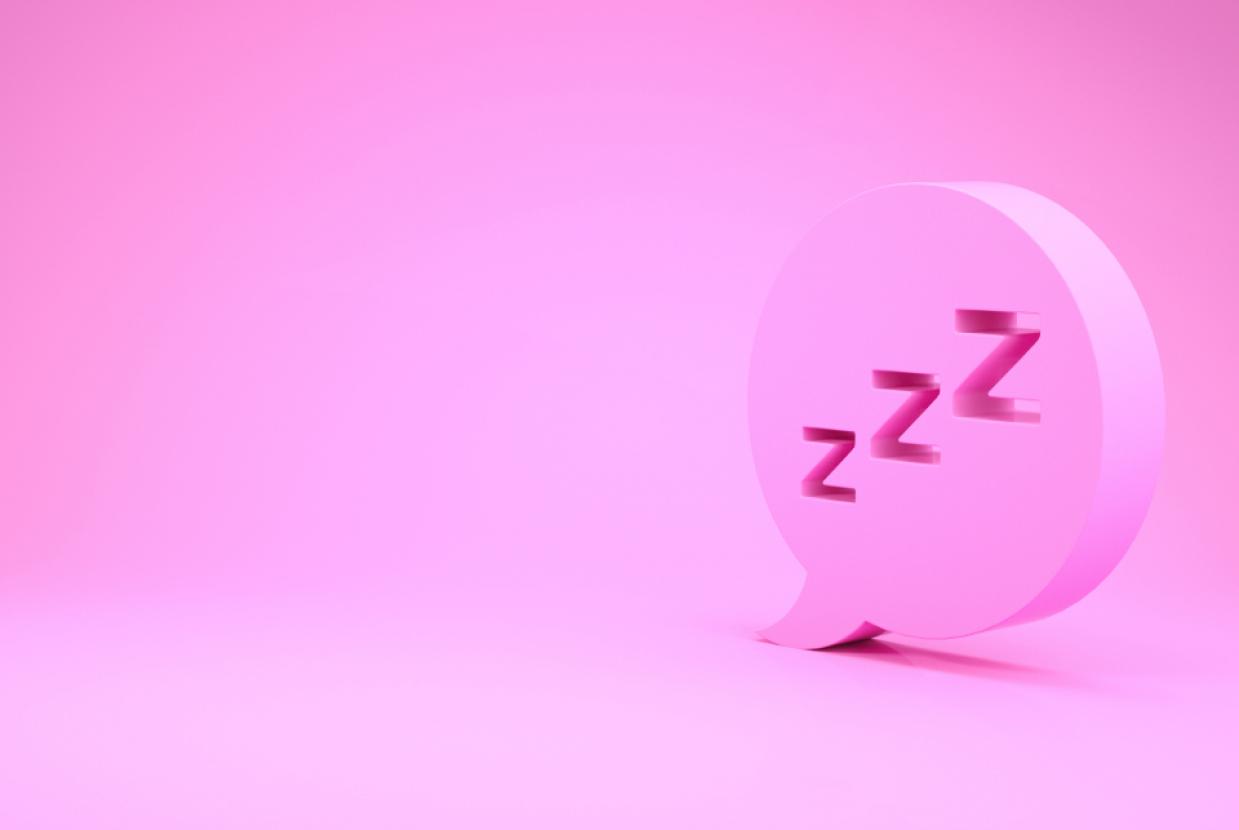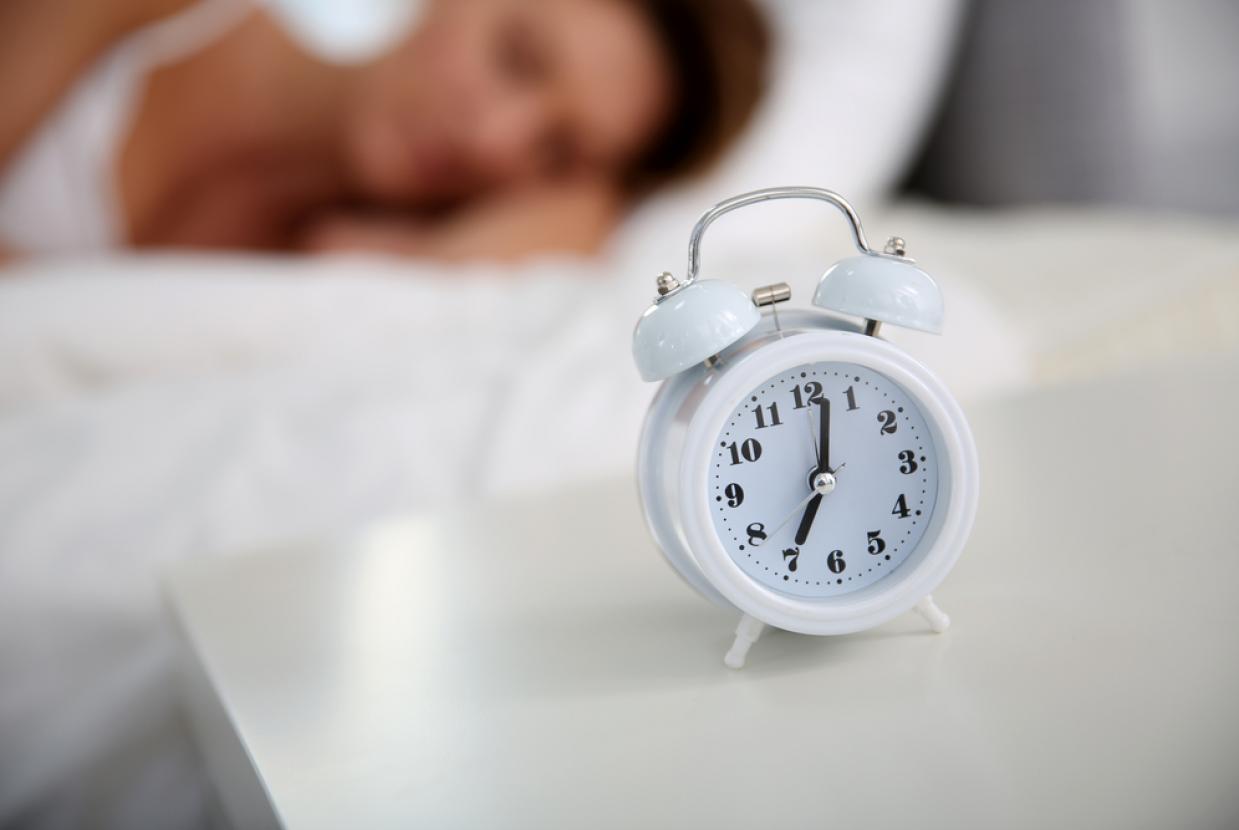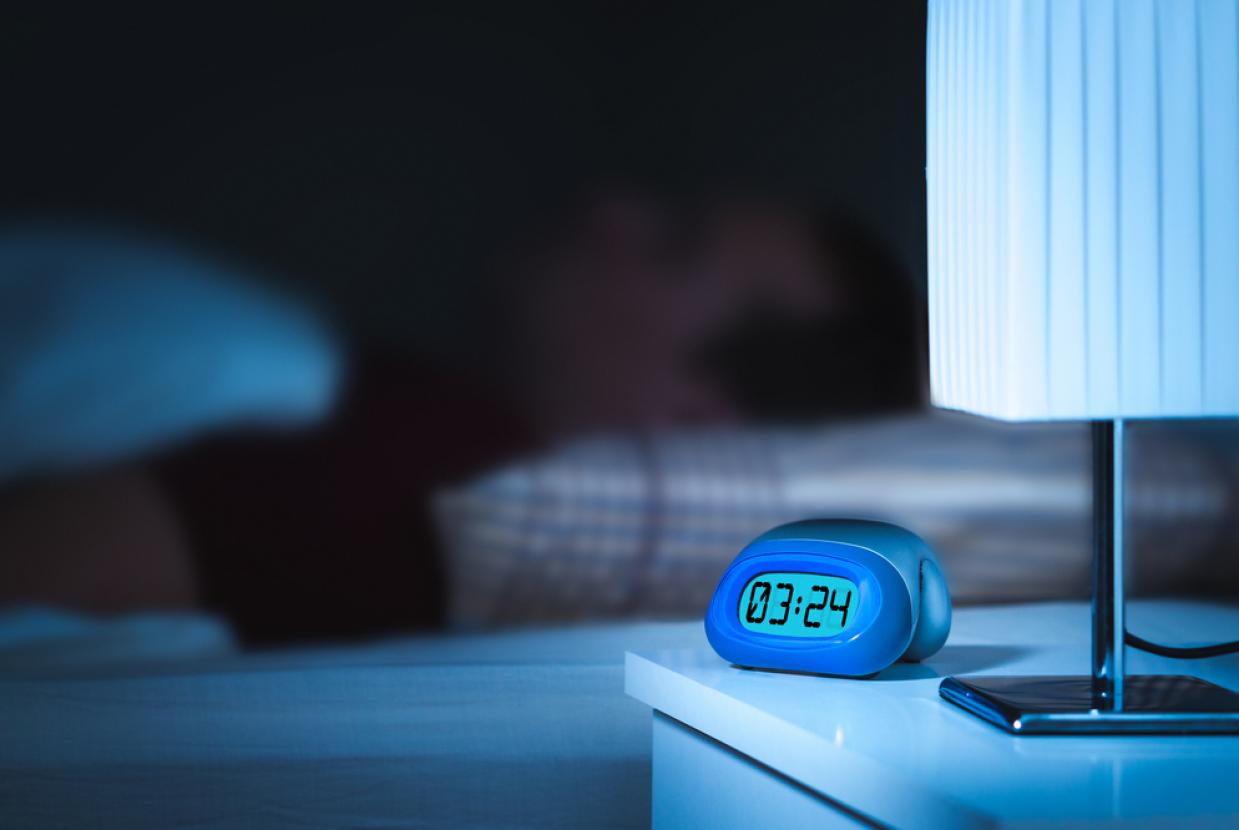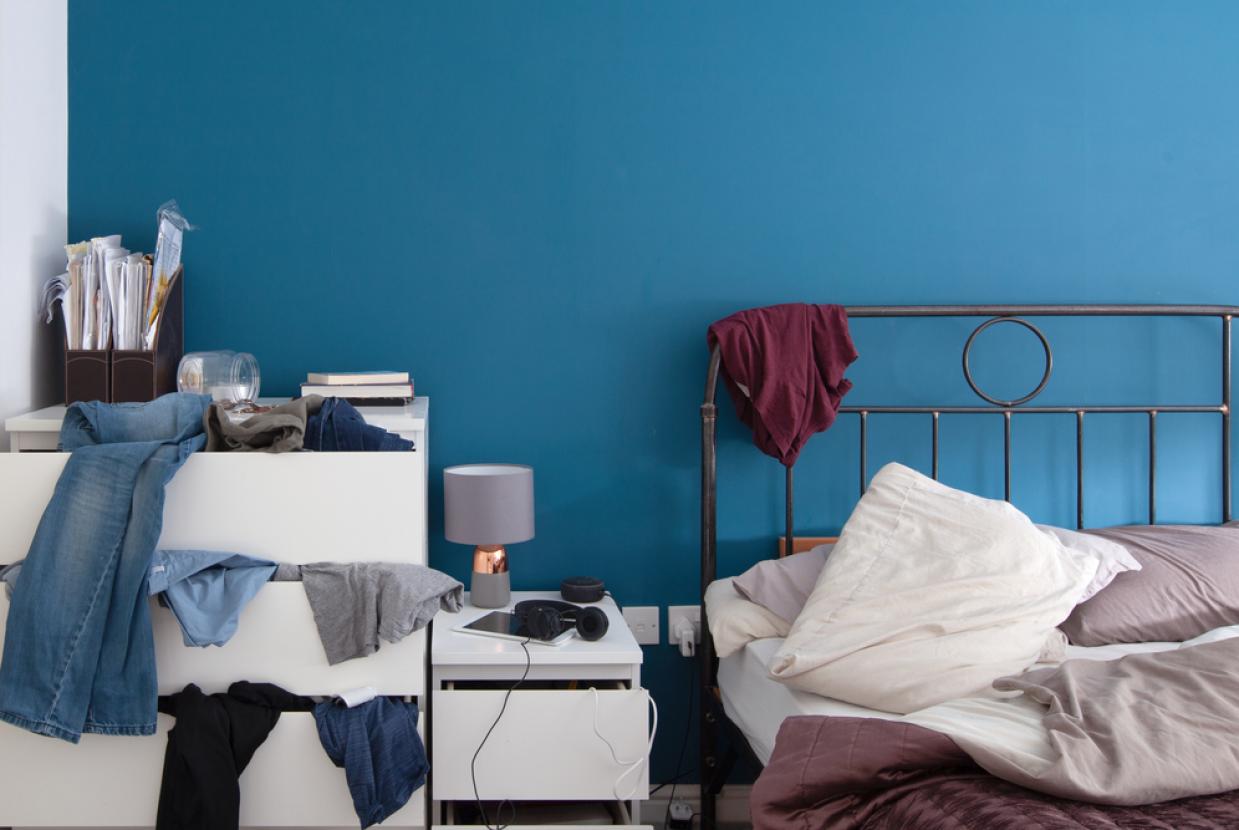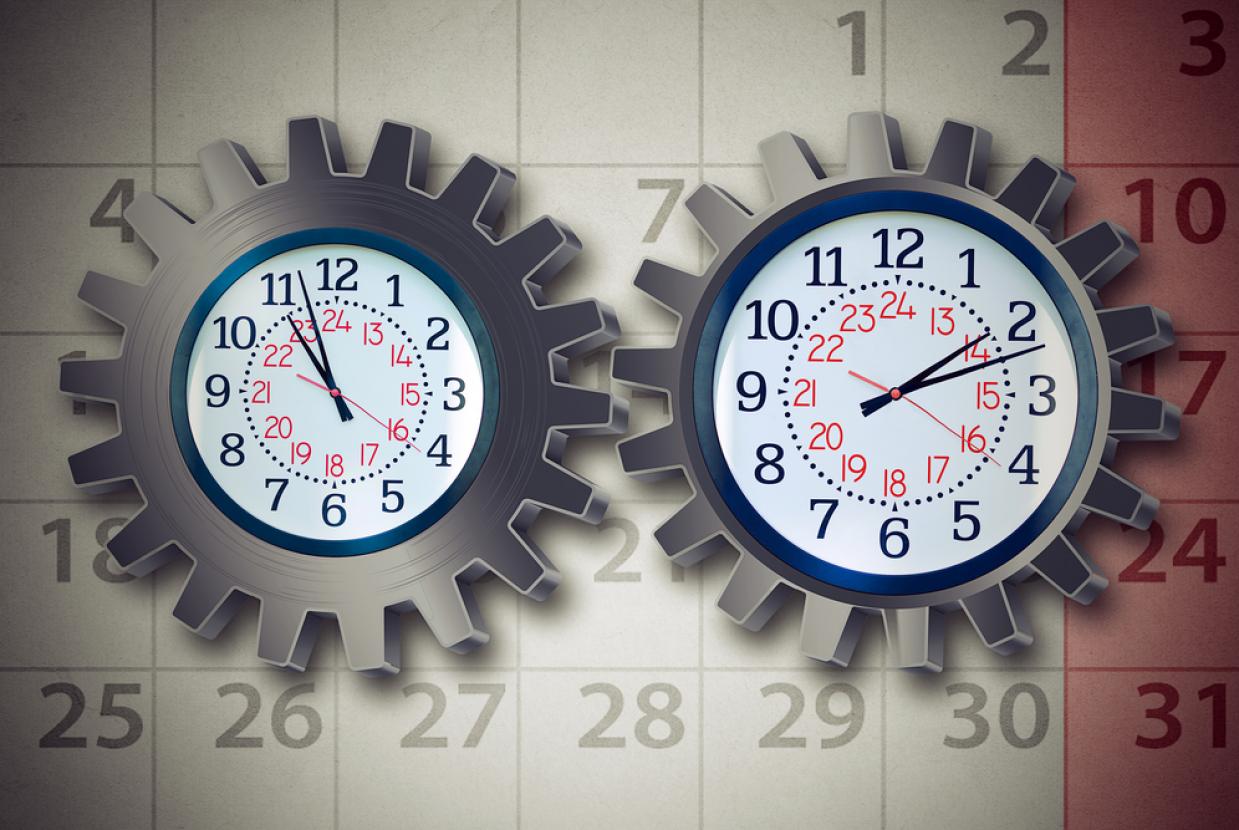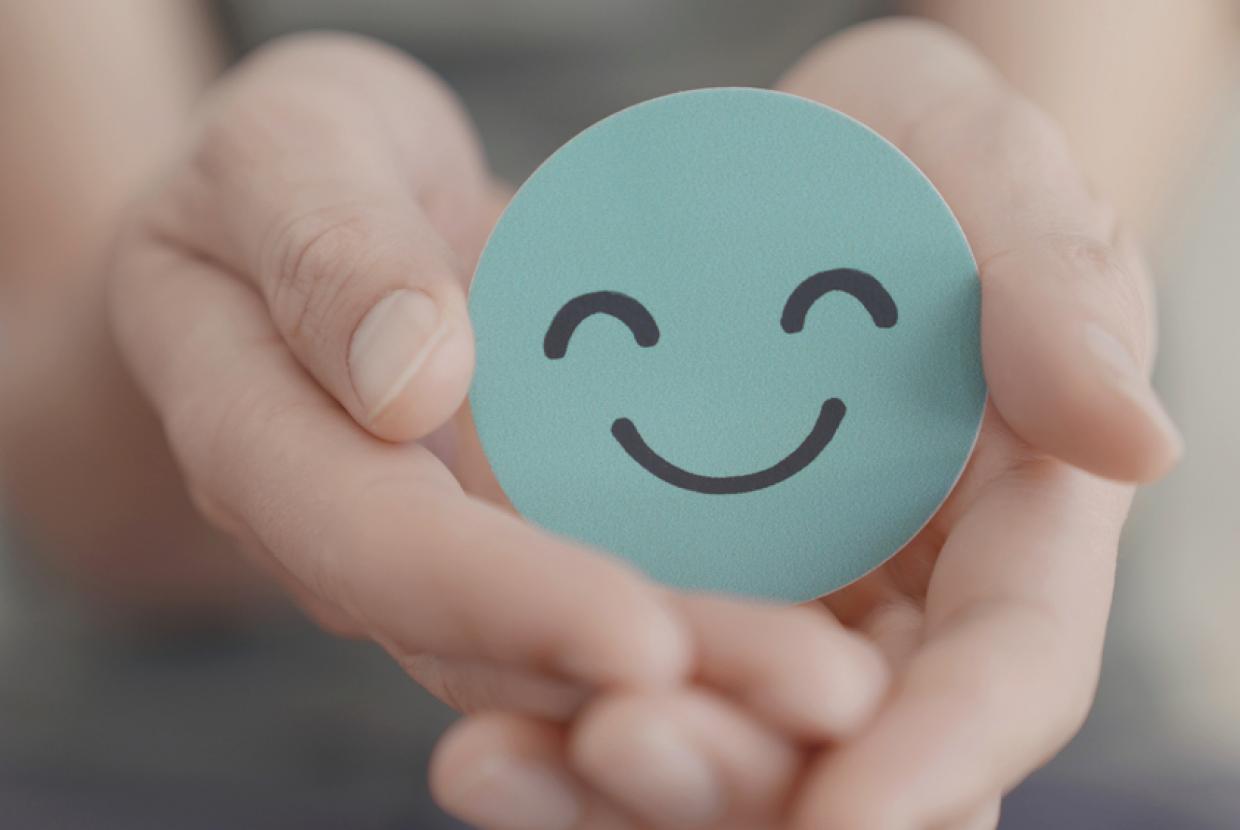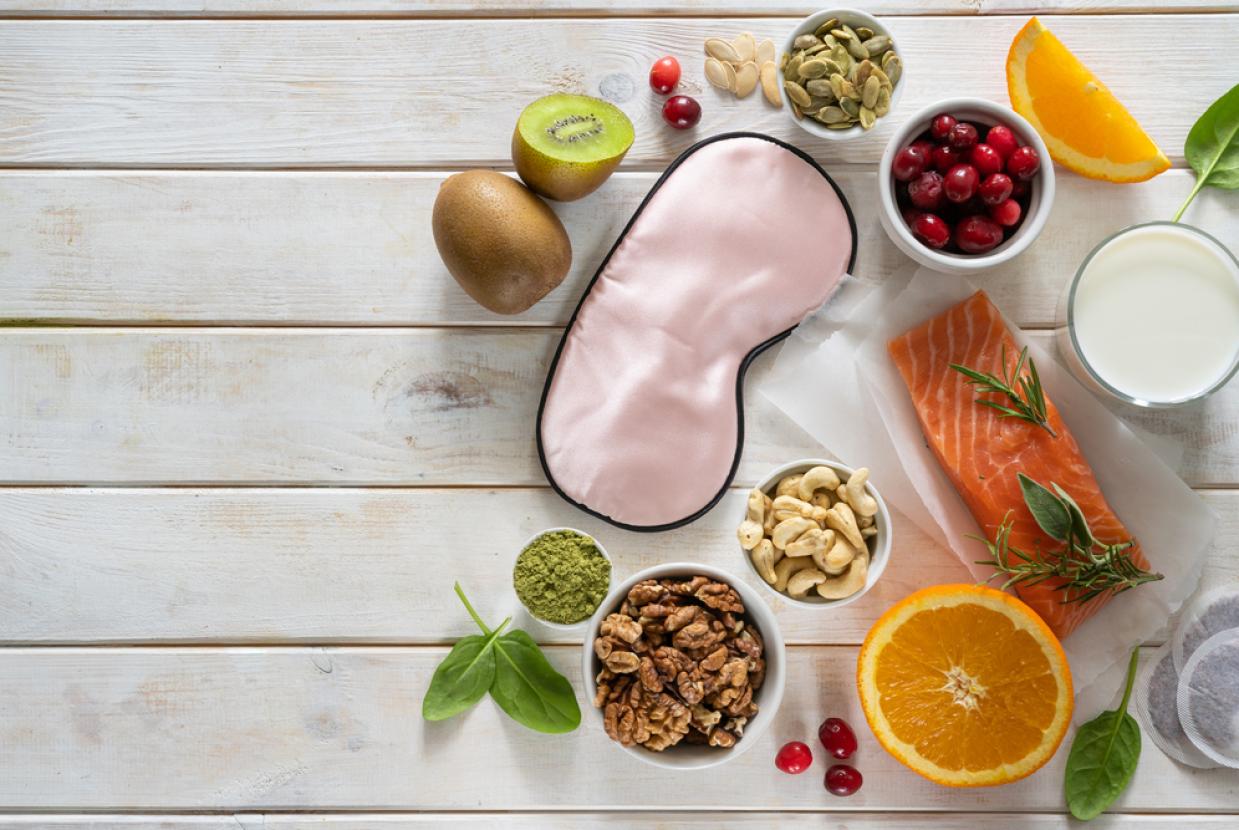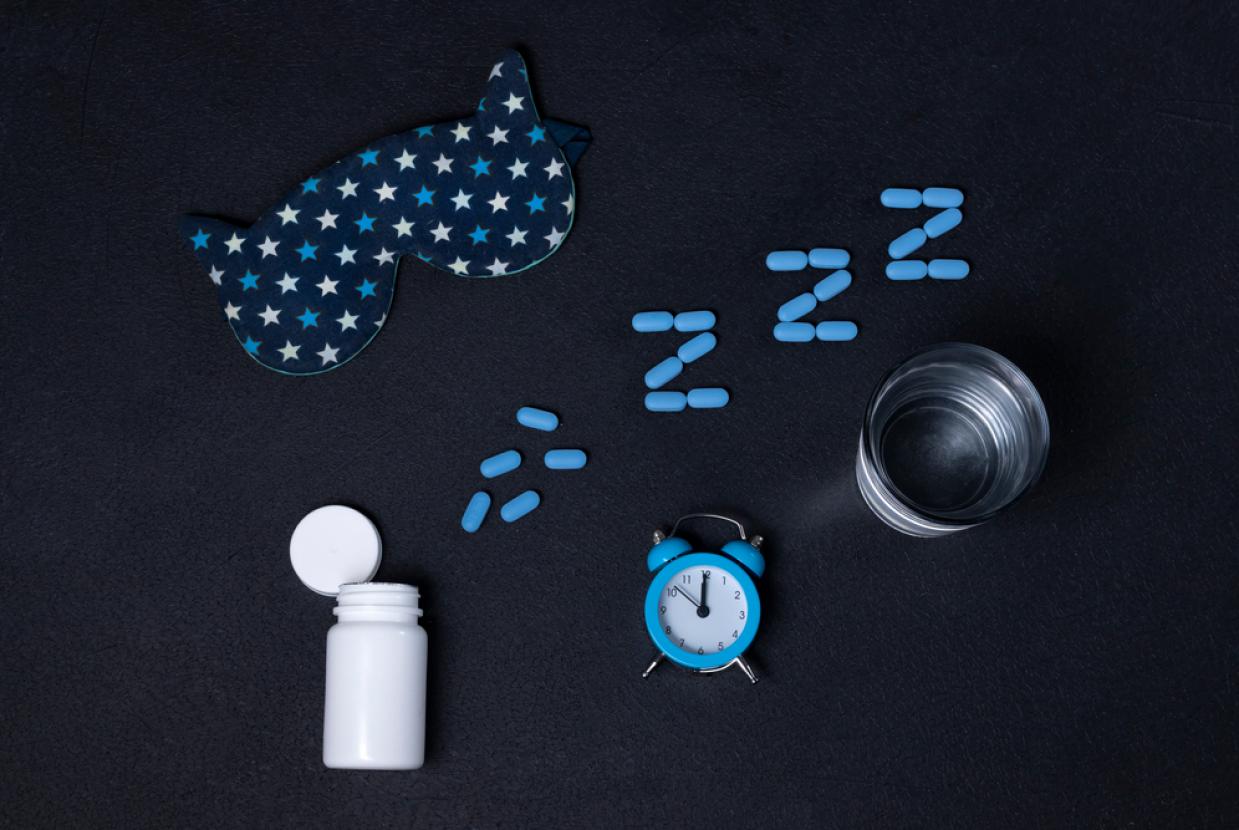Why Lack of Sleep is Bad For Your Health
Many effects of a lack of sleep, such as feeling grumpy and not working at your best, are well known. But did you know that sleep deprivation can also have profound consequences on your physical health?
1 in 3 of us suffers from poor sleep, with stress, computers and taking work home often blamed. However, the cost of all those sleepless nights is more than just bad moods and a lack of focus.
Regular poor sleep puts you at risk of serious medical conditions, including coronary heart disease and diabetes – and it shortens your life expectancy. It's now clear that a solid night's sleep is essential for a long and healthy life.
What happens if I don't sleep?
Everyone's experienced the fatigue, short temper and lack of focus that often follow a poor night's sleep. An occasional night without sleep makes you feel tired and irritable the next day, but it won't harm your health.
After several sleepless nights, the mental effects become more serious. Your brain will fog, making it difficult to concentrate and make decisions. You'll start to feel down, and may fall asleep during the day. Your risk of injury and accidents at home, work and on the road also increases.
If it continues, lack of sleep can affect your overall health and make you prone to serious medical conditions, such as obesity, heart disease, high blood pressure (hypertension) and diabetes.
Here are 7 ways in which a good night's sleep can boost your health:
Sleep boosts immunity
If you seem to catch every cold and flu that's going around, your bedtime could be to blame. Prolonged lack of sleep can disrupt your immune system, so you're less able to fend off bugs.
Sleep can slim you
Sleeping less may mean you put on weight! Studies have shown that people who sleep less than 7 hours a day tend to gain more weight and have a higher risk of becoming obese than those who get 7 hours.
It's believed to be because sleep-deprived people have reduced levels of leptin (the chemical that makes you feel full) and increased levels of ghrelin (the hunger-stimulating hormone).
Sleep boosts mental wellbeing
Given that a single sleepless night can make you irritable and moody the following day, it's not surprising that chronic sleep debt may lead to long-term mood disorders like clinical depression and generalised anxiety disorder in adults.
When people with anxiety or depression were surveyed to calculate their sleeping habits, it turned out that most of them slept for less than 6 hours a night.
Sleep prevents diabetes
Studies have suggested that people who usually sleep less than 5 hours a night have an increased risk of developing diabetes.
It seems that missing out on deep sleep may lead to type 2 diabetes by changing the way the body processes glucose, which the body uses for energy.
Sleep increases sex drive
Men and women who don't get enough quality sleep experience a loss of libido (reduced sex drive) and less of an interest in sex, research suggests.
Men who suffer from sleep apnoea – a disorder in which breathing difficulties lead to interrupted sleep – also tend to have lower testosterone levels, which can lower libido.
Sleep wards off heart disease
Long-standing sleep deprivation seems to be associated with increased heart rate, an increase in blood pressure and higher levels of certain chemicals linked with inflammation, which may put extra strain on your heart.
Sleep increases fertility
Difficulty conceiving a baby has been claimed as one of the effects of sleep deprivation, in both men and women. Apparently, regular sleep disruptions can cause infertility by reducing the secretion of reproductive hormones.
How to catch up on lost sleep
If you don't get enough sleep, there's only one way to compensate – getting more sleep. It won't happen with a single early night. If you've had months of restricted sleep, you'll have built up a significant sleep debt, so expect recovery to take several weeks.
Starting on a weekend, try to add on an extra hour or 2 of sleep a night. The way to do this is to go to bed when you're tired, and allow your body to wake you in the morning (no alarm clocks allowed!). You might sleep up to 10 hours a night at first. After a while, the amount of time you sleep will gradually decrease to a normal level.
Don't rely on caffeine or energy drinks as a short-term pick-me-up. They may boost your energy and concentration in the short term, but can disrupt your sleep patterns even further in the long term.


